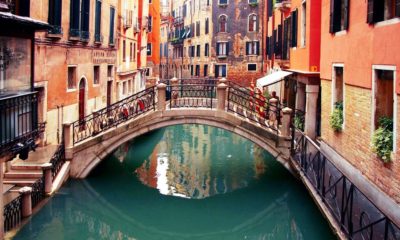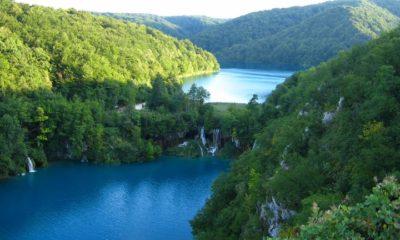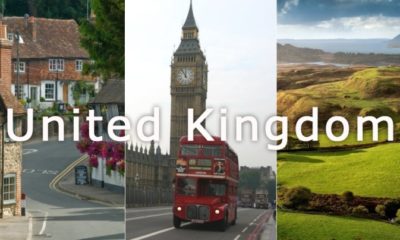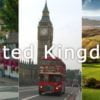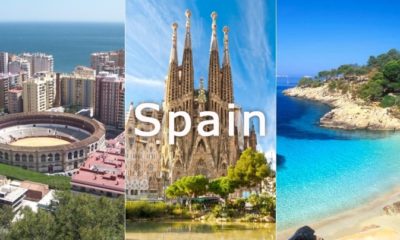Europe
Backpacking Ireland Need To Know
Basics
Languages:
Capital:
Currency:
|
Dial Code:
International Access Code:
Emergency Services Number:
Time Difference:
|
Entry
The Republic of Ireland is a member of the European Union, but not a member of the Schengen Area, so separate immigration controls are required.
However EU, EEA and Swiss citizens do not require a visa and have the right to reside and work in Ireland.
A vast amount of passport holders from other countries can also enter Ireland visa-free for up to 3 months; including Australia, Canada, New Zealand and the United States.
For official information visit dfa.ie or your home government travel bureau.
Getting Around
Official Europe wide rail passes can be obtained through Rail Europe
More details are to come in this section, but you can read about general advice regarding Getting Around When You Get There
Accommodation
Ireland has a wide variety of hostels and you should never have any problem finding one.
The average price of a hostel is €10-25 a night.
All hostels in Ireland will provide linen and bathroom facilities. Usually there will be cooking and internet facilities as well as common and laundry rooms.
Read more about Accommodation When You Get There and Living in Hostels
Food And Health
The standard of food safety and hygiene is good.
Water is completely safe to drink from all kitchen taps in Ireland, unless stated.
Medical facilities are good, but make sure you have adequate travel insurance and accessible funds to cover the cost of any medical treatment and repatriation.
EU and EEA citizens should get a free European Health Insurance Card (EHIC) before leaving home. The EHIC isn’t a substitute for medical and travel insurance, but it entitles you to state provided medical treatment that may become necessary during your trip.
Other nationalities may also have reciprocal health care agreements, find out from your government travel bureau.
Always contact your GP around 8 weeks before your trip to check whether you need any vaccinations or other preventive measures. Visit here for Recommended Vaccinations and read here for more about Travelling Health In General
Weather & Time To Go
Ireland has a mild, changeable climate, similar to the UK. An average winters day is around 6°C, whilst in summer its around 16°C. Temperatures rarely exceed 25°C or fall below -5°C. The west tends to receive more rain than the east, but regardless of where or when you visit, you will more than likely experience rain.
Communications
Internet and wifi is widespread and accessible in most hostels. Local pay-as-you-go SIM cards for your mobile phone and international calling cards are cheaply available.
Dangers And Considerations
Crime levels in Ireland are low, but take sensible precautions to avoid mugging, bag snatching and pick pocketing.
Possession of even small quantities of drugs can lead to a long term of imprisonment.
Dangers constantly change. Always check with your foreign office (British Foreign Office webpage) or travel advice bureau for the latest information regarding your destinations safety.
Read more about Safety And Security here
Respecting Culture
In small towns and villages, it is customary to say hello to passersby, you may also be asked “how are you?”. A simply “Good, thank you” is polite, but Irish people are very friendly, so it may possibly lead to a long conversation.
Irish humour can sometimes be difficult to understand, and strong Irish accents don’t tend to help. Joking around is a part of Irish culture, and most topics of conversion usually include a few light hearted jokes. The only subject that should not be made fun of is the Irish potato famine.
Remember the Republic of Ireland is not in the UK, locals may be offended if you don’t acknowledge and understand this. Political discussion about Great Britain and Northern Ireland is best avoid, unless in known company.






